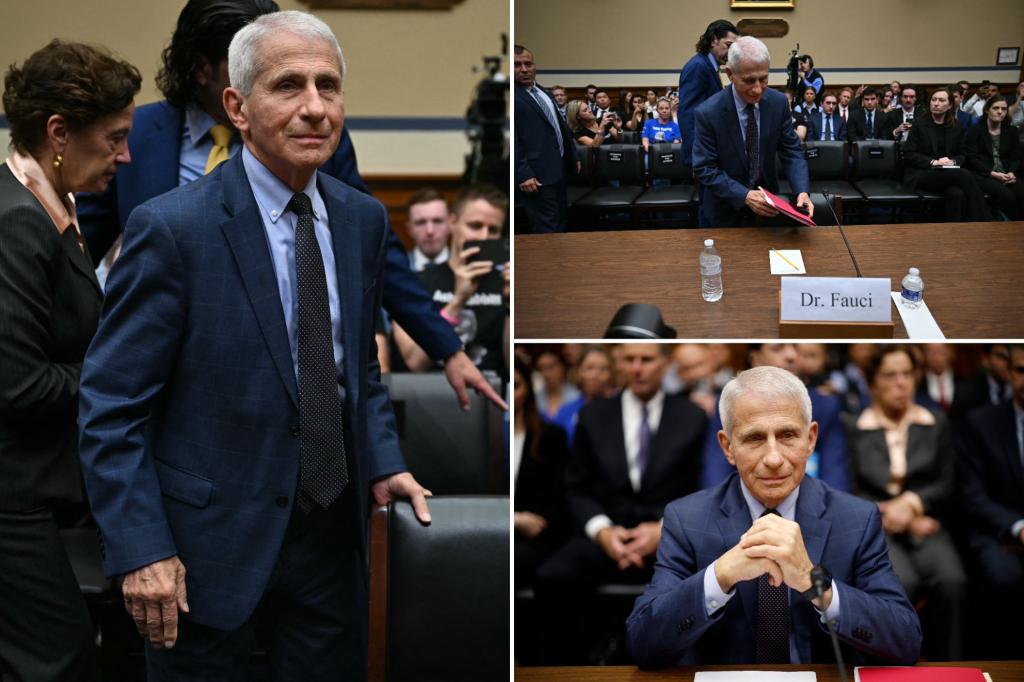Dr. Anthony Fauci faced tough criticism from the chairman of the House subcommittee investigating the origins of COVID-19 during a public hearing. The committee chairman, Brad Wenstrup, accused Fauci of hypocrisy for enforcing draconian restrictions without scientific evidence and stifling debate on issues like social distancing, masks, vaccines, and the origins of COVID-19. Wenstrup also pointed out the disparities in treatment between Americans following mandates and those illegally crossing the southern border or attending lavish parties. He criticized Fauci for saying that disagreeing with him equaled disagreeing with science, displaying what he called a sense of hypocrisy.
Fauci was expected to address his role in suppressing the lab leak hypothesis for the origins of SARS-CoV-2 and denying that the NIH funded risky gain-of-function research at the Wuhan Institute of Virology. With COVID-19 claiming more than 25 million lives worldwide, including over 1.1 million Americans, Fauci faced intense scrutiny. He also had to explain a series of emails showing his former adviser, Dr. David Morens, evading FOIA requests, deleting federal records, and creating a secret back channel to avoid scrutiny. Attendees at the hearing heckled Fauci, with some calling him a traitor and blaming him for the deaths of their loved ones.
Wenstrup highlighted the oppressive nature of the policies that Fauci oversaw during the pandemic, questioning the decision-making process and the lack of transparency in his actions. He pointed out the impression that Fauci’s words were seen as final and infallible, leading to a situation where any mistakes made by Fauci or his agency had significant consequences. The chairman stressed the importance of accountability in public health decision-making, especially when it affects millions of people.
The controversy surrounding Fauci’s handling of the pandemic and his role in potentially suppressing information about the virus’s origins has sparked intense public interest and debate. With the emergence of new evidence, such as the leaked emails and testimonies from whistleblowers, there is growing scrutiny on Fauci’s actions and statements throughout the pandemic. The public is demanding transparency and accountability from public health officials like Fauci, especially when their decisions have such a significant impact on people’s lives.
The hearings into Fauci’s actions during the pandemic are ongoing, with more evidence and testimonies being presented to shed light on the decisions made by public health officials. The debate around the origins of COVID-19, the handling of the pandemic, and the possible suppression of information continues to fuel discussions and investigations. The public’s demand for transparency, accountability, and integrity in public health decision-making remains high, as people seek answers and justice for the lives lost during the pandemic.
As the story continues to develop, there will likely be more updates and revelations regarding Fauci’s actions during the pandemic and his handling of the lab leak hypothesis, funding of gain-of-function research, and evading FOIA requests. The public’s interest in understanding the truth behind the origins of COVID-19 and the decisions made by public health officials like Fauci will drive further investigations and debates. The calls for accountability and transparency in public health decision-making are essential to rebuilding trust in institutions and ensuring that similar mistakes are not repeated in the future.


